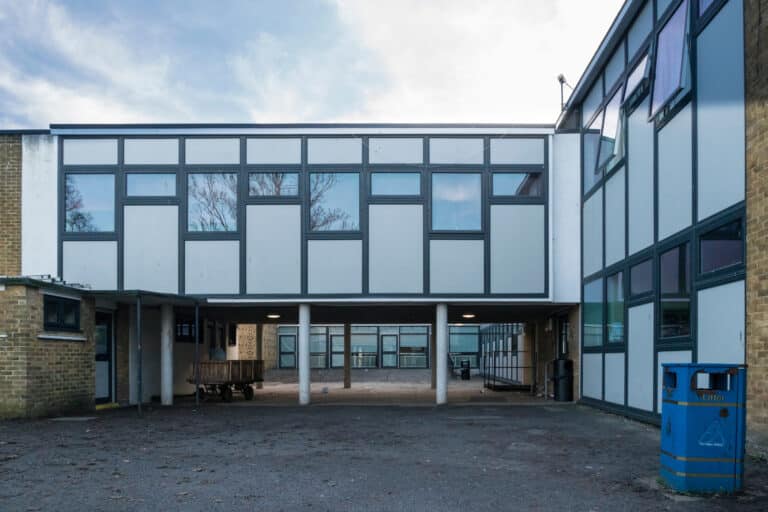If your school is currently operating with a skeleton staff to support the children of key workers, it is advisable to limit the use of areas as far as possible while observing distancing guidance.
If you can avoid using some classrooms, you can reduce heating and lighting consumption.
If your school is closed for an indefinite period, following the guidance below will help you to avoid paying more than you should for your energy during the period.
1. Power down!
Consider creating a hibernation checklist – what is costing you energy and can you switch it off? Here are some of the areas to consider.
- Lighting, both internally and externally should be switched off, with consideration to those that may be on a Building Energy Management System (BEMS) and automatic timer switches.
- All heat emitters and appliances, including radiators, electric heaters, and fan convectors should be switched off or left on frost protection settings.
- Put your boiler in holiday mode and ensure all water heaters and boilers are switched off.
- Check all air conditioning units and ventilation systems are switched off. The only exception would be air conditioning units in server rooms, so check with IT staff first.
- IT and office equipment should be switched off at the power socket, and not left on standby.
- This includes laptops and computers; interactive whiteboards; monitors; televisions and display screens; printers and photocopiers.
- Vending machines should be emptied of any perishables and turned off at the power socket.
2. Submit regular meter readings
Taking the actions above will reduce your energy consumption which means, if you are in a position to do so, it is worth taking and submitting regular meter readings in order to prevent over-estimated bills.
Half-hourly data can be used to check the effectiveness of the power down procedures; if you work with an energy consultant, they can do this on your behalf.
3. Don’t risk out of contract rates
If needed, terminate supply agreements in a timely manner. Energy consultants do this on their clients’ behalf, but if you are managing contracts yourself you should avoid rolling over into inflated out of contract rates by giving timely notice – a minimum of three months. Wholesale electricity and gas prices recently reached their lowest point in a decade. Reduced industrial consumption as a result of COVID-19 measures is supporting the situation. However, some suppliers are reluctant to price for long-term contracts.














